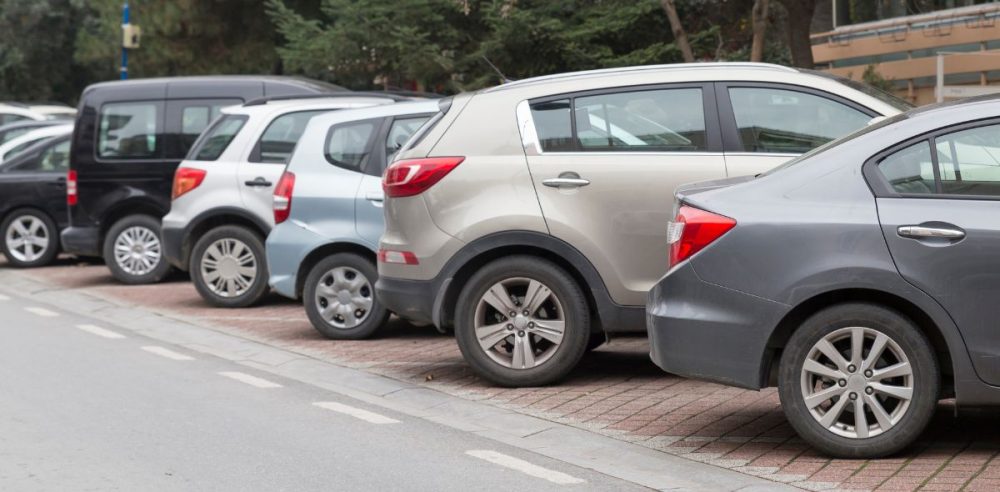Rising car prices and high interest rates are driving a noticeable shift in American car-buying habits, with many now opting for smaller, more affordable vehicles.
After years of favoring larger cars, SUVs, and trucks, U.S. car buyers are increasingly prioritizing cost-effectiveness over size, reported The Wall Street Journal.
This trend has led to a resurgence in the sales of smaller cars and compact SUVs as shoppers seek to manage the higher costs of vehicle purchases and long-term ownership.
Over the past decade, American consumers largely favored larger vehicles, a change that led some car manufacturers to phase out their small-car models due to dwindling sales, per the WSJ. However, with car prices remaining high and interest rates still elevated, more buyers are reconsidering the size of their vehicles, leading to a surge in demand for smaller, more affordable options.
This shift also highlights a broader trend in the automotive market, where affordability is now taking precedence over the appeal of spaciousness.
For many, the rising costs of owning and maintaining a vehicle, including fuel, insurance, and repairs, have made smaller cars and compact SUVs a more practical choice, reported the WSJ. In response to these changing preferences, car manufacturers are adjusting their strategies.
Asian brands, in particular, have capitalized on this shift, offering a wide range of compact models that meet consumers’ needs for both affordability and practicality. As American buyers become more price-sensitive, these brands are gaining a competitive edge, especially as consumers seek value without compromising quality.
With affordability becoming a key factor in the decision-making process, car manufacturers may focus more on producing cost-efficient models that appeal to a broader range of consumers. This shift could also have long-term implications for the automotive market, shaping future vehicle production and sales trends.


